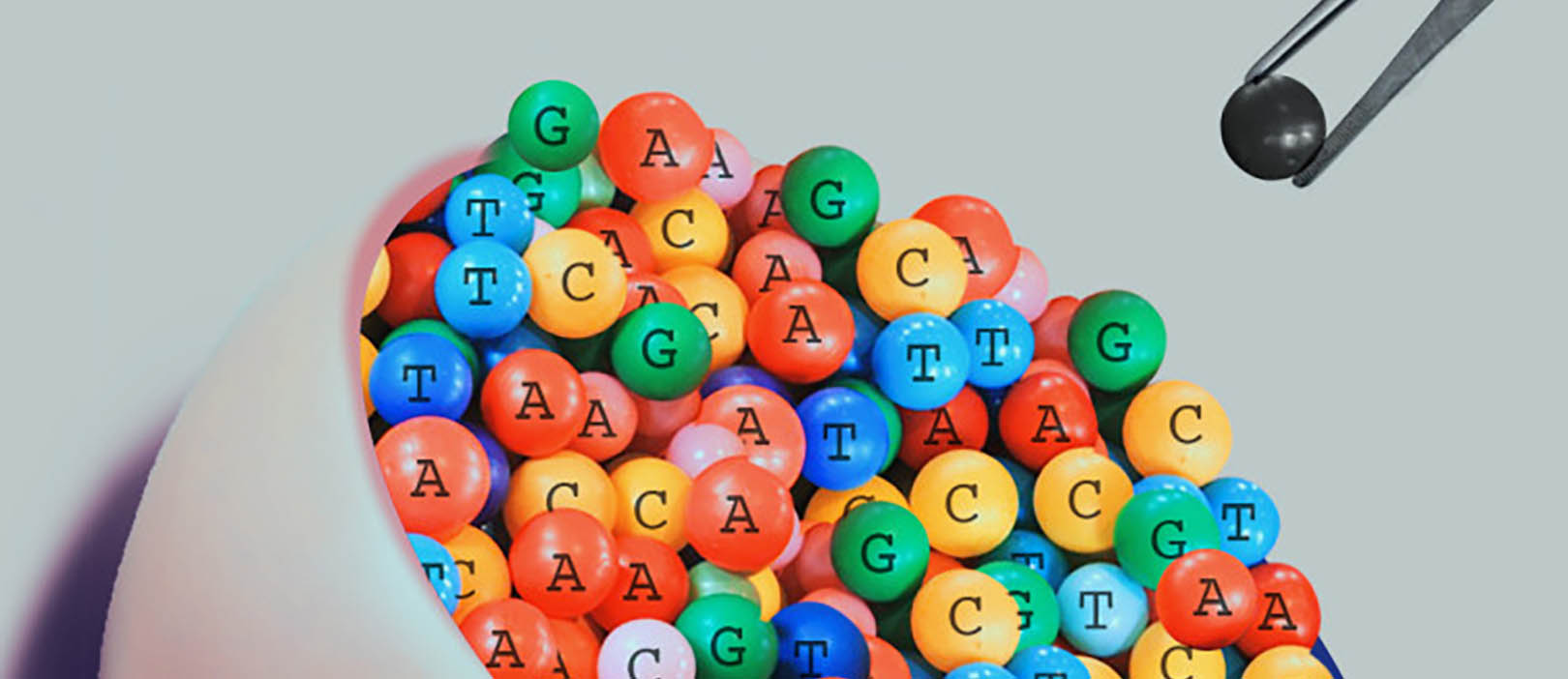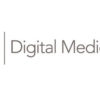How your detailed genetic profile can predict your risk of diseases and improve your health.
by Ali Torkamani and Eric Topol
In early 2018, it was estimated that over 12 million people had had their DNA analyzed by a direct-to-consumer genetic test. A few months later, that number had grown to 17 million. Meanwhile, geneticists and data scientists have been improving our ability to convert genetic data into useful insights—forecasting which people are at triple the average risk for heart attack, or identifying women who are at high risk for breast cancer even if they don’t have a family history or a BRCA gene mutation. Parallel advances have dramatically changed the way we search for and make sense of volumes of data, while smartphones continue their unrelenting march toward becoming the de facto portal through which we access data and make informed decisions.
Taken together, these things will transform the way we acquire and use personal genetic information. Instead of getting tests reactively, on a doctor’s orders, people will use the data proactively to help them make decisions about their own health.
Read the full op-ed on the MIT Technology Review website.




